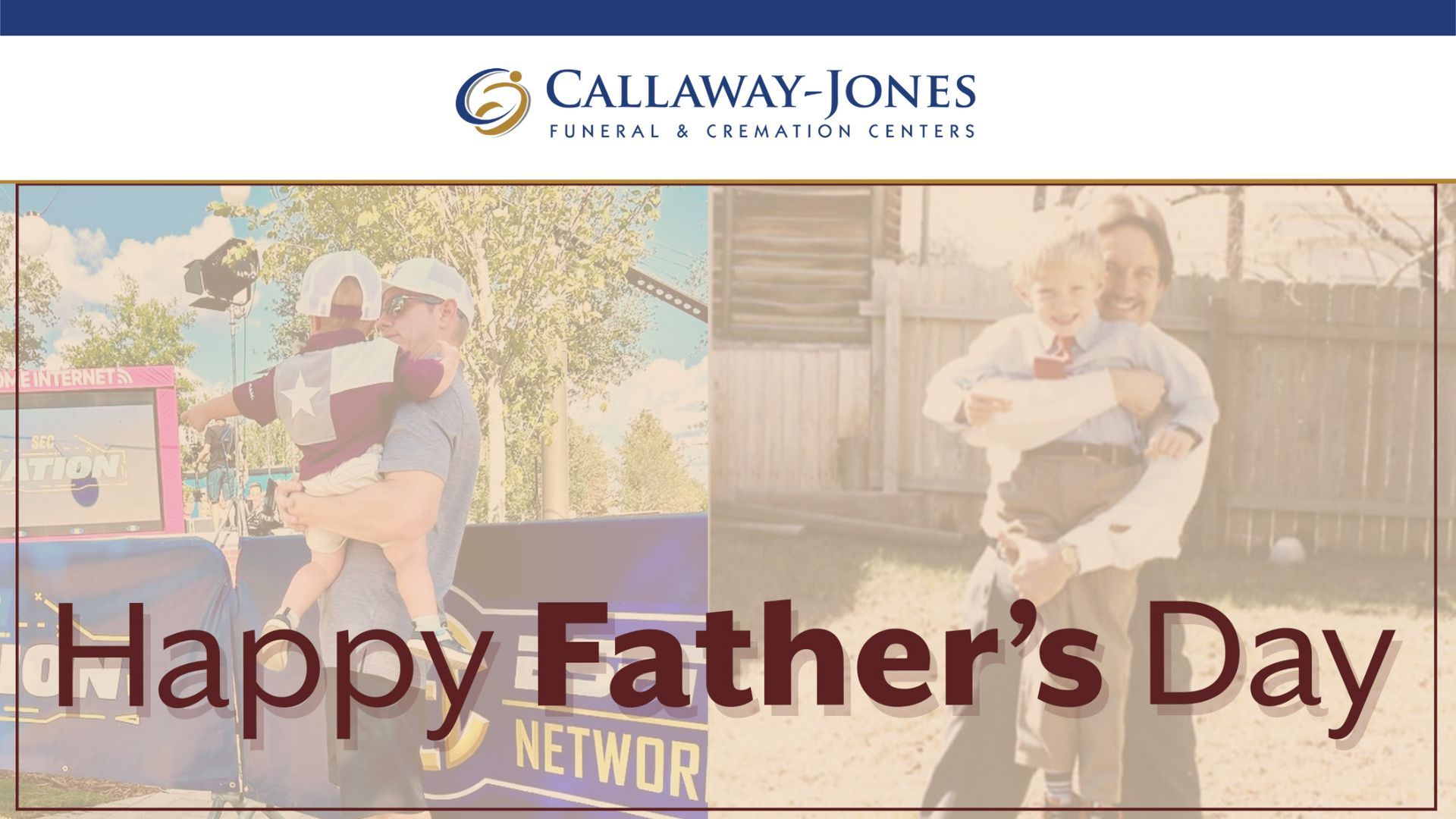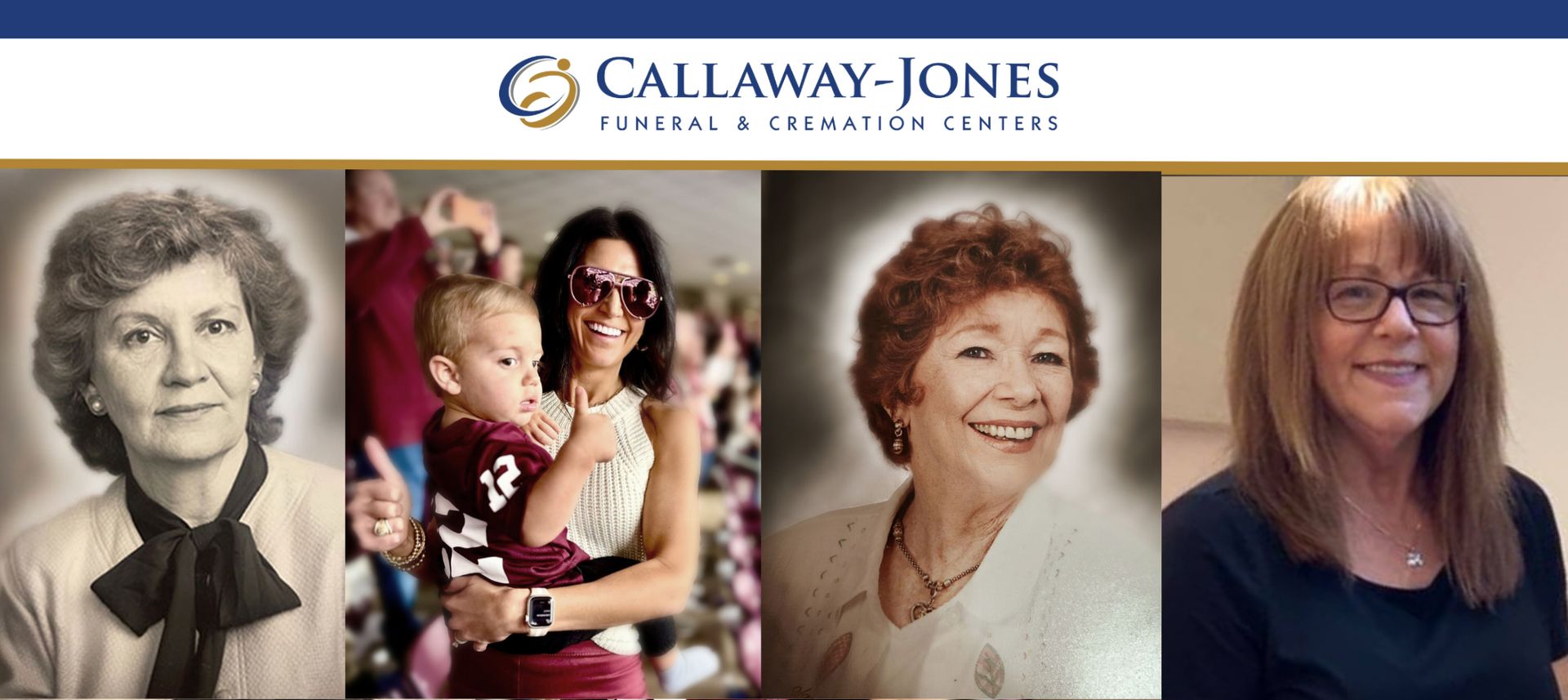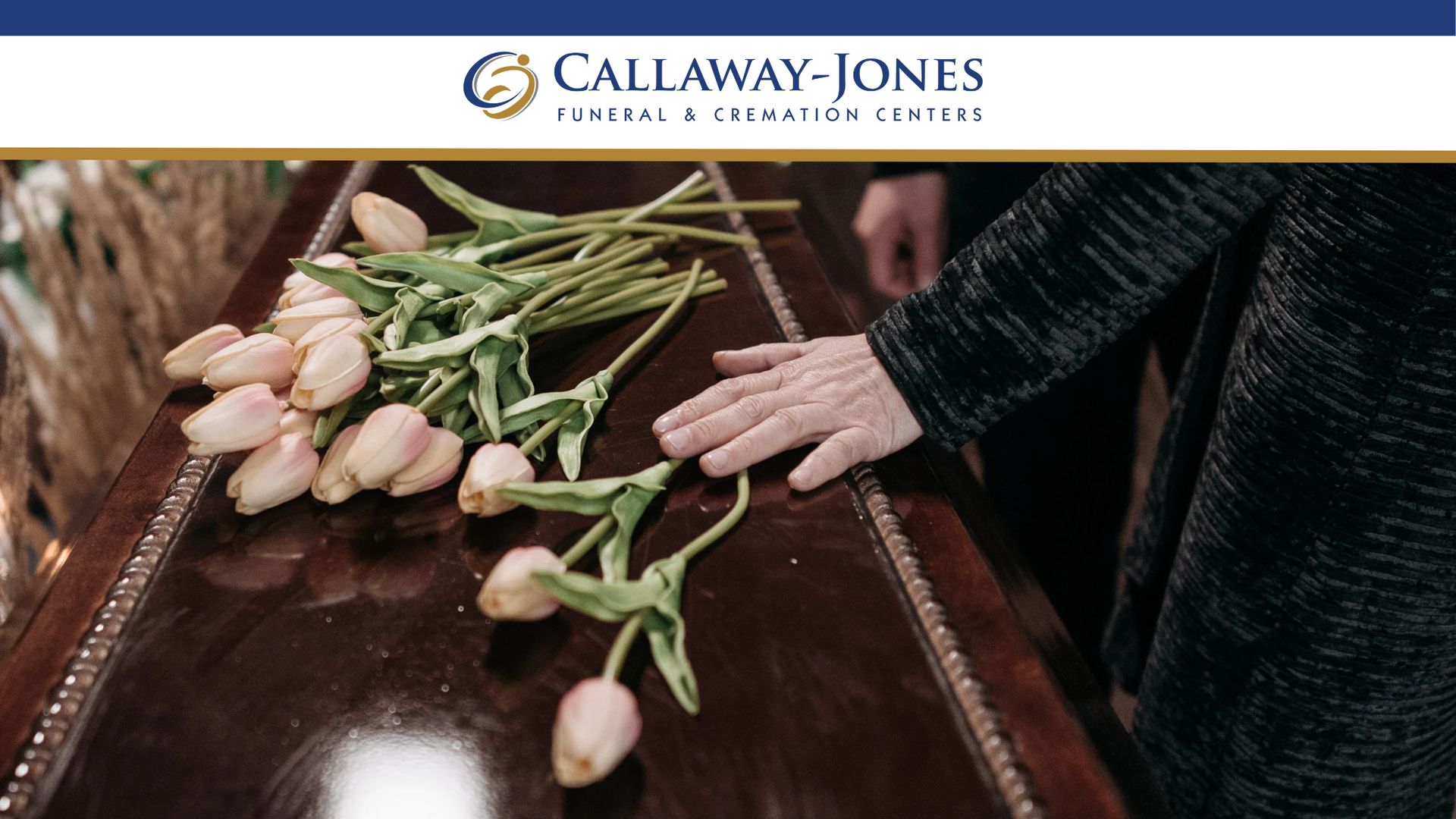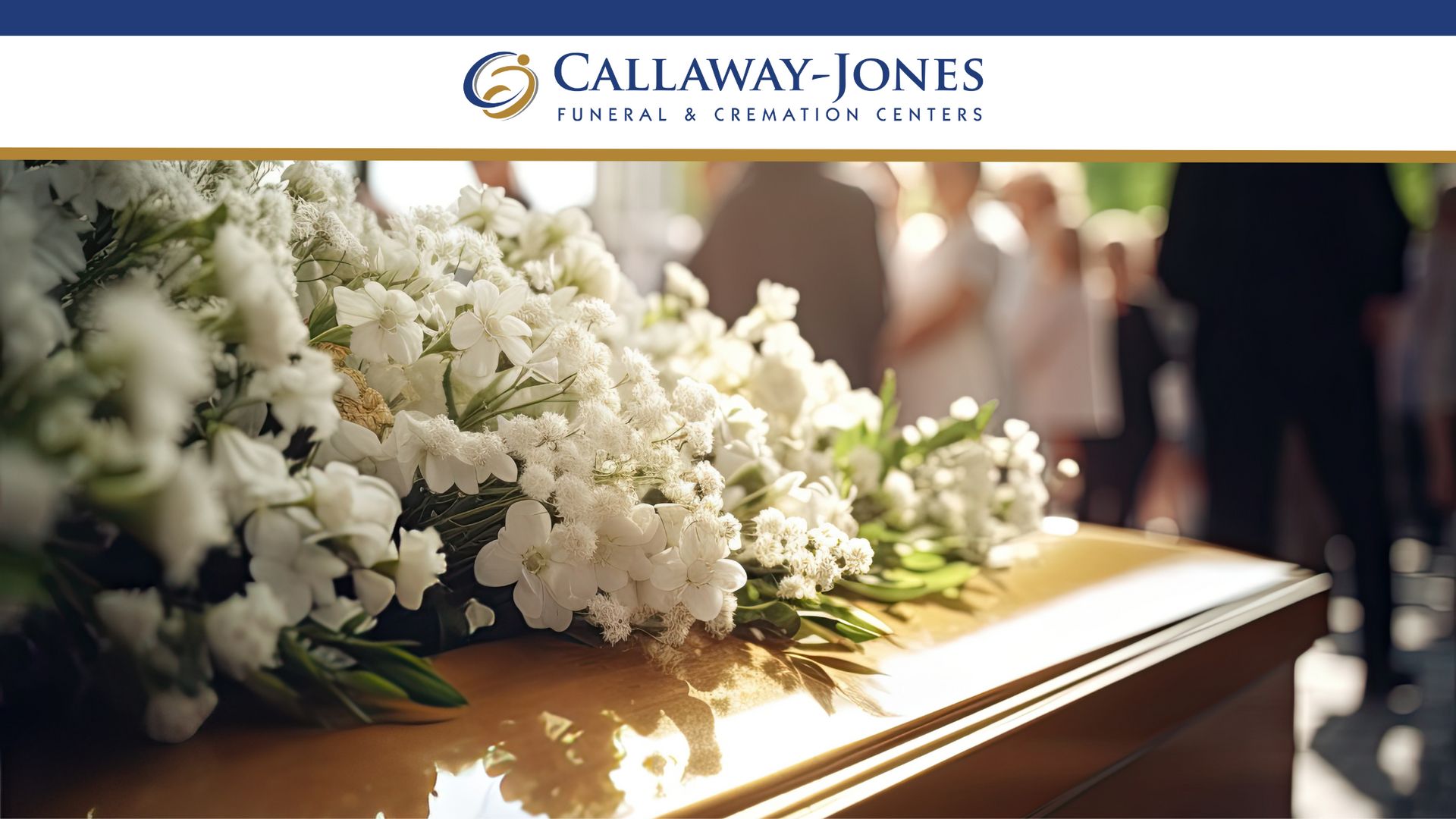If There’s Anything I Can Do: Comforting Your Friends After a Loss
“If there’s anything I/we can do, please don’t hesitate to call…” your voice trails off as you’re already halfway out the door, but it’s the final thing you wind up saying, your last thought as you’ve expressed your condolences for your loss and that of the family you’re visiting.
How many times do we actually find ourselves saying that very phrase as we are departing a funeral service or visitation of one who was so important in our lives when they were here? Particularly when we are close to the family for a long period of time, we fully intend to keep them an active part of our current lives and future activities. We have really good intentions.
But we keep repeating that entirely useless phrase, “If there’s anything I can do, please don’t hesitate to ask.” We do this because it’s almost like reflex. We want to help, but we don’t know what to do, and at the time, those who are grieving cannot even process what they will need or want or when the time will come where they need something.
Reality is that everyone who is going through grief always needs friends, in addition to family, to surround them and yet give them space to process their loss. They need to be with other people, but alone as well, so they can find a way to cry without others seeing them. Other people want to cry but can’t bring themselves to release their grief alone, but when they gather to speak of their loved one, then the tears will flow, and the healing can begin.
One thing to make note of, when you lose a dear friend, is that their spouse or child will remember several dates of the following year with great poignancy. The year is filled with “firsts,” the first birthday without Mom or Dad, the first birthday of the one who is no longer here, as well as the first Easter, Thanksgiving, Passover, and/or Christmas without a key family member at the dinner table. Often when the loved one is a senior, they were the central figure who brought everyone together for these celebrations.
After speaking with many of you about what has helped you on your healing journey, I’d like to share several ideas on how you can help a friend who has lost a loved one.
First, the absence of a loved one also means the absence of saying their name aloud. It seems simple, but the reality is that the old saying is true: “No one is dead until they are forgotten.” If we don’t speak aloud the names of our loved ones, it’s almost as though they didn’t exist. People who are going through grief don’t always have the tools to say, “I need to talk about my loss and I’d just like you to listen to me talk.” So we have to be the ones to bring up the loved one.
It doesn’t have to be contrived. We can just say, “I remember your Mom used to make the best desserts.” And that might be all it takes to get your friend to start talking about their Mom, and you’ll be surprised how easy it is to just listen. Tears may or may not flow by both of you but that’s okay, too. When the person who has lost a loved one has an easy time talking, then, they will start to heal. But, it often falls to us to initiate a visit. It might be you suggest a lunch meeting or a coffee meetup, and be prepared for your friend to say, “No, not right now.” Just give them some time, then ask again, and eventually your schedules will match up.
Other friends and family members can plan activities around holidays and having gatherings at different locations to change things up a bit. Other people prefer to meet at the usual homestead to gather and carry on the traditions just as you always have. It’s whatever feels right for them.
The first year after death is perhaps the most sensitive in the loss of a loved one. Often if a death occurred on, say, the 5th of the month, the first, second, and third months following the death will be a melancholy day as it is the first month, second month, third month, etc., without the loved one. Holidays wherever family members have regularly gathered together such as Easter, 4th of July, Labor Day, Thanksgiving, and Christmas are opportunities to remember loved ones with a new tradition.
Some people will set a place for the missing loved one, and leave an open chair as a sweet memory. For holidays such as Christmas, some family members will take time to find a special ornament honoring something that their loved one collected. One woman collected tea cups and saucers and one clever family member found 8 tiny ornaments for the tree that were miniature cups and saucers. If you know of a favorite hobby, perhaps you can find something special for your friend or family member to mark the occasion.
Photographs are often one of the most wonderful chances to keep a loved one’s memory alive. In addition to the video tributes that you can create for the visitation and funeral guests to see, you might discover boxes of old movies, whether 8mm, or Beta/VHS, or even cameras that have long since grown dusty from use since everyone has a camera or two on their phones these days it seems. Transferring the different media to a DVD, or whatever platform you prefer is a pleasant option.
Preparing and assembling photo albums during extended holiday visits is a great way to encourage people to take all those scattered pictures and start grouping them. Most importantly, while you have your senior members of your family with you, it’s important to ask them about family history, names (and spellings) of ancestor names, where they lived, grew up, etc. Whenever there is a widow or widower left behind, it is so very helpful to the surviving spouse to share their stories, especially while they remember them. If a child has lost a parent, it is even more important to have photos of the now deceased parent to match their progress as they grow older in life.
A recent wedding day gift from a bride who is a friend of ours to her husband to be was to prepare a surprise video of her husband and his late dad, using still photos and 8mm films put together so in his own way, her husband “did” have his father and best friend present for his most important wedding day. It just goes to show how photographs are amazing in their healing powers.
All this to say that you can be an integral part of a healing period for your friends and family. Don’t just say, “If there’s anything I can do.” Be proactive and think of ways that you can spend quality time together, remembering loved ones together. It’s a gift that will be prized for the rest of their lives.
Cody D. Jones ‘02
Owner & Community Member










